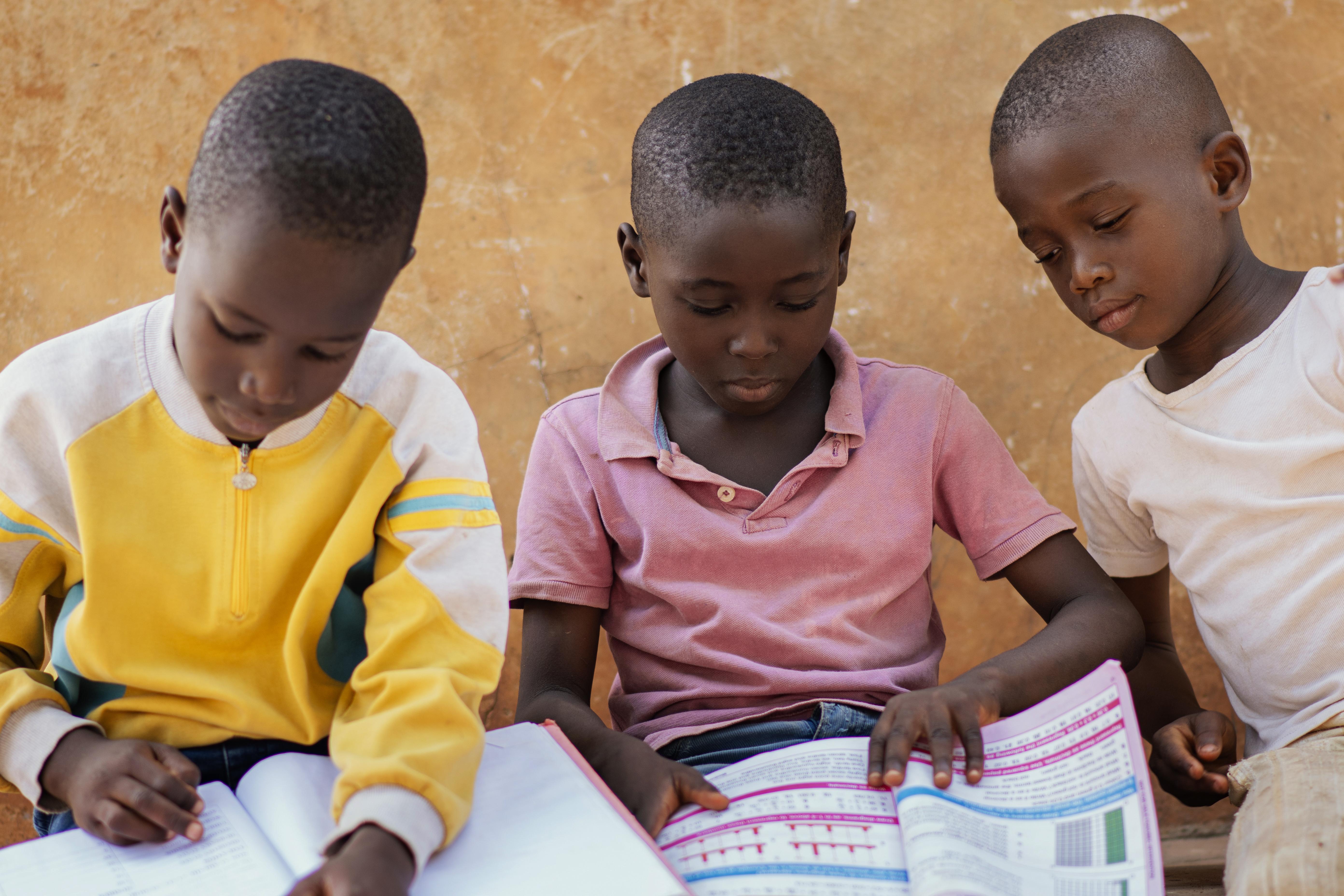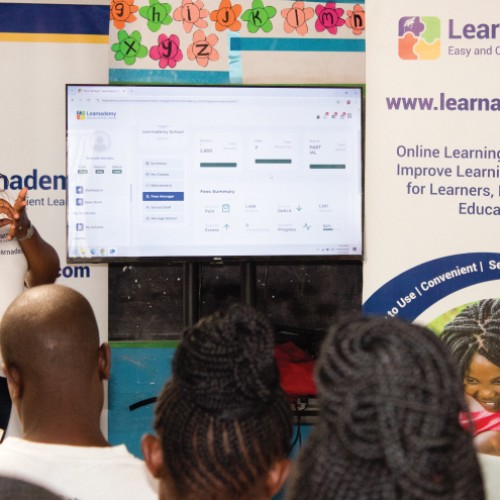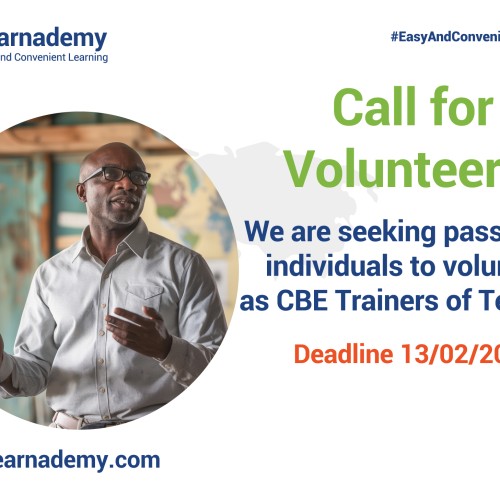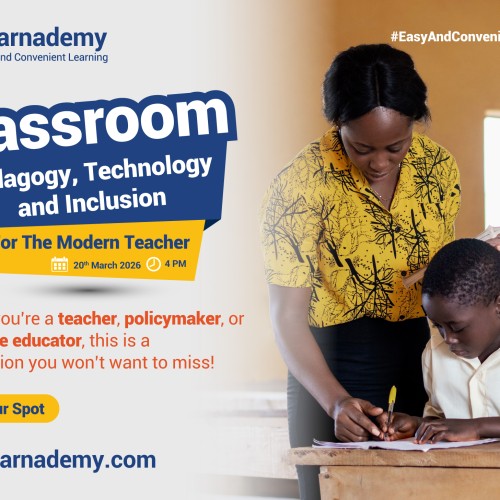-
Back
- Blog
- Browse Blogs
- Blog Post
- Get In Touch
-
Explore
- Sign up
- Login
Blog Inquiry

Competency-Based Learning in Kenya: Hidden Skills Learners Gain Beyond Assessments
28 Nov 2025 SocialCompetency-Based Education (CBE) is quietly transforming Kenyan classrooms. Beyond assessments, learners are developing skills that exams cannot capture: solving problems, collaborating across teams, communicating with clarity, and navigating digital tools with confidence. These hidden competencies are shaping learners who are not only academically capable but also ready to tackle real-world challenges, innovate, and lead. While traditional metrics measure what learners know, CBE reveals what they can genuinely do.
Applied, Creative, and Digital Skills
At the core of the CBE curriculum is applied learning that encourages learners to think critically and respond effectively. Classrooms have become spaces where learners tackle real-world challenges, such as designing sustainable community initiatives, solving environmental problems, or conducting practical research projects. Such activities cultivate resilience, initiative, and strategic thinking, skills that extend well beyond exams and classroom performance.
Open-ended tasks encourage adaptability. Learners frequently encounter challenges with multiple possible solutions, prompting experimentation, strategy refinement, and independent decision-making. Taking responsibility for their progress, setting personal goals, and seeking feedback fosters self-directed learning, autonomy, and accountability, qualities essential for navigating dynamic and unpredictable environments.
Creativity is intertwined with problem-solving in CBE. Learners are often tasked with proposing innovative solutions or testing alternative approaches, nurturing curiosity, originality, and practical innovation. For instance, a group might develop a low-cost water filtration system for their community or create an interactive awareness campaign on environmental conservation. These exercises not only sharpen critical thinking but also provide a foundation for entrepreneurship and applied innovation.
Digital tools further enrich learning experiences. Learners engage with educational applications, online research platforms, and collaborative tools, building digital literacy and technological proficiency. Using technology to present findings, coordinate team projects, or access learning resources enhances both technical skills and applied problem-solving. By combining digital proficiency with creativity and critical thinking, CBE ensures learners are prepared for modern workforce demands and global opportunities.
Communication, Collaboration, and Emotional Competencies
Interpersonal skills are another cornerstone of CBE. Group projects, peer reviews, and presentations challenge learners to articulate ideas clearly, actively listen, and negotiate solutions effectively. Such activities cultivate communication and collaboration skills that are vital in professional, academic, and social contexts. Learning to manage conflicts, coordinate responsibilities, and contribute meaningfully to a team helps learners transition smoothly into real-world environments.
CBE also nurtures emotional intelligence and ethical reasoning. Reflection exercises, community engagement projects, and collaborative tasks encourage learners to develop empathy, moral judgment, and social awareness. For example, learners participating in a local service project may reflect on the social impact of their actions, cultivating accountability and responsible decision-making. These competencies are often invisible in traditional grading systems but are critical for fostering confident, responsible, and socially aware individuals.
By embedding interpersonal and emotional skills alongside applied, creative, and digital competencies, CBE fosters holistic growth. Learners gain the ability to navigate complex social dynamics, approach challenges ethically, and collaborate effectively, qualities that are increasingly valued in higher education, the workplace, and society at large.
Conclusion
Competency-Based Education in Kenya is redefining the purpose of learning. Beyond grades, learners acquire problem-solving skills, creativity, adaptability, digital literacy, communication and collaboration abilities, emotional intelligence, and ethical reasoning. Recognizing and nurturing these hidden competencies is crucial for educators, parents, and policymakers seeking to prepare learners for a dynamic, competitive world. By embracing CBE, Kenya is cultivating a generation capable of excelling academically while thriving as innovators, collaborators, and responsible leaders.








